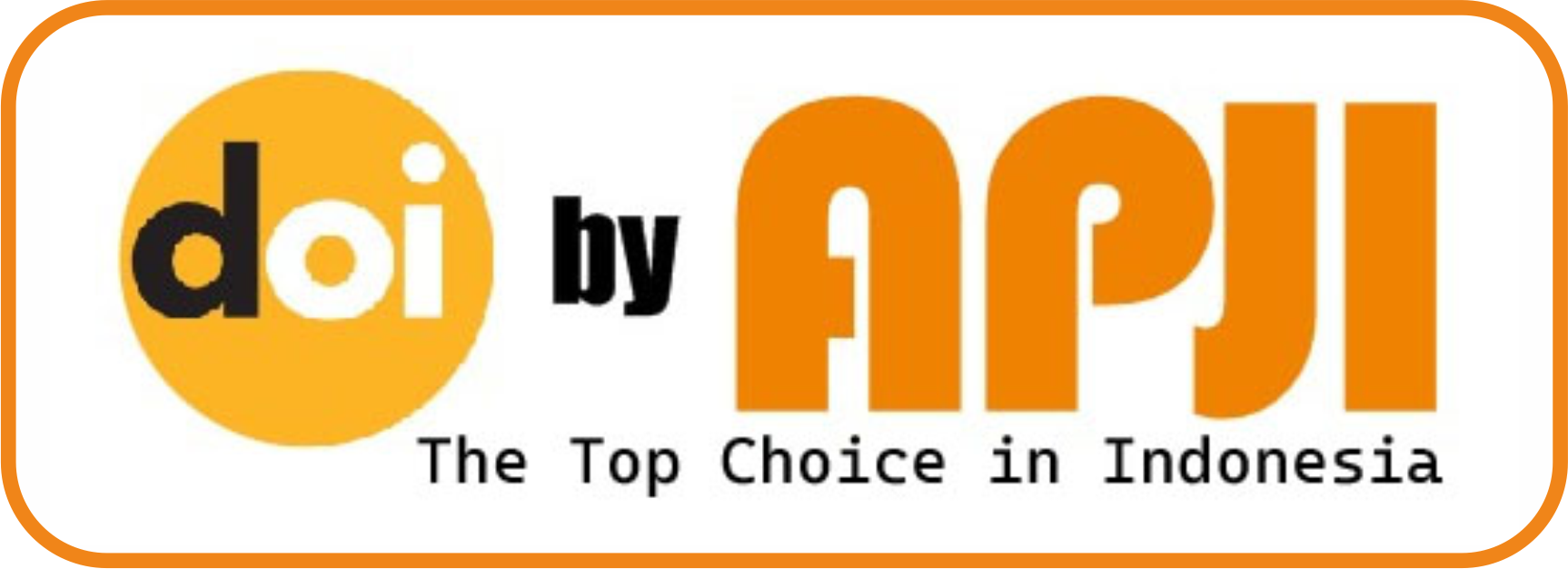PLAGIARISM POLICY
Plagiarism Policy
Plagiarism is the unethical act of copying someone else’s original ideas, processes, results, or words without explicit acknowledgment of the original author and source. Self-plagiarism occurs when an author reuses a large part of their own previously published work without appropriate references. This includes submitting the same manuscript to multiple journals or republishing it with slight modifications.
Types of Plagiarism
- Full Plagiarism: Reproducing previously published content without any changes in text, idea, or grammar. This involves presenting exact text from a source as one’s own work.
- Partial Plagiarism: Combining multiple sources with extensive rephrasing, yet failing to provide proper citations.
- Self-Plagiarism: Reusing one’s own previously published content. This includes full reproduction or substantial reuse in a different journal without proper citation.
Important Notes
- Full plagiarism, partial plagiarism, and self-plagiarism are strictly prohibited.
- Authors must ensure their manuscripts are entirely original. If others’ work or words are used, proper citation or quotation is mandatory.
- Submitting the same manuscript to more than one journal is unethical and unacceptable.
- Authors must give proper acknowledgment to the work of others and cite influential publications used in their research.
Plagiarism Screening
All submitted manuscripts will be checked for plagiarism using Turnitin software prior to peer review. Manuscripts with a similarity index above 25% will be automatically rejected and returned to the author without further processing.
This policy is adapted from recognized international standards (COPE, Elsevier, iThenticate) and national guidelines (ARJUNA, Ristekdikti).







